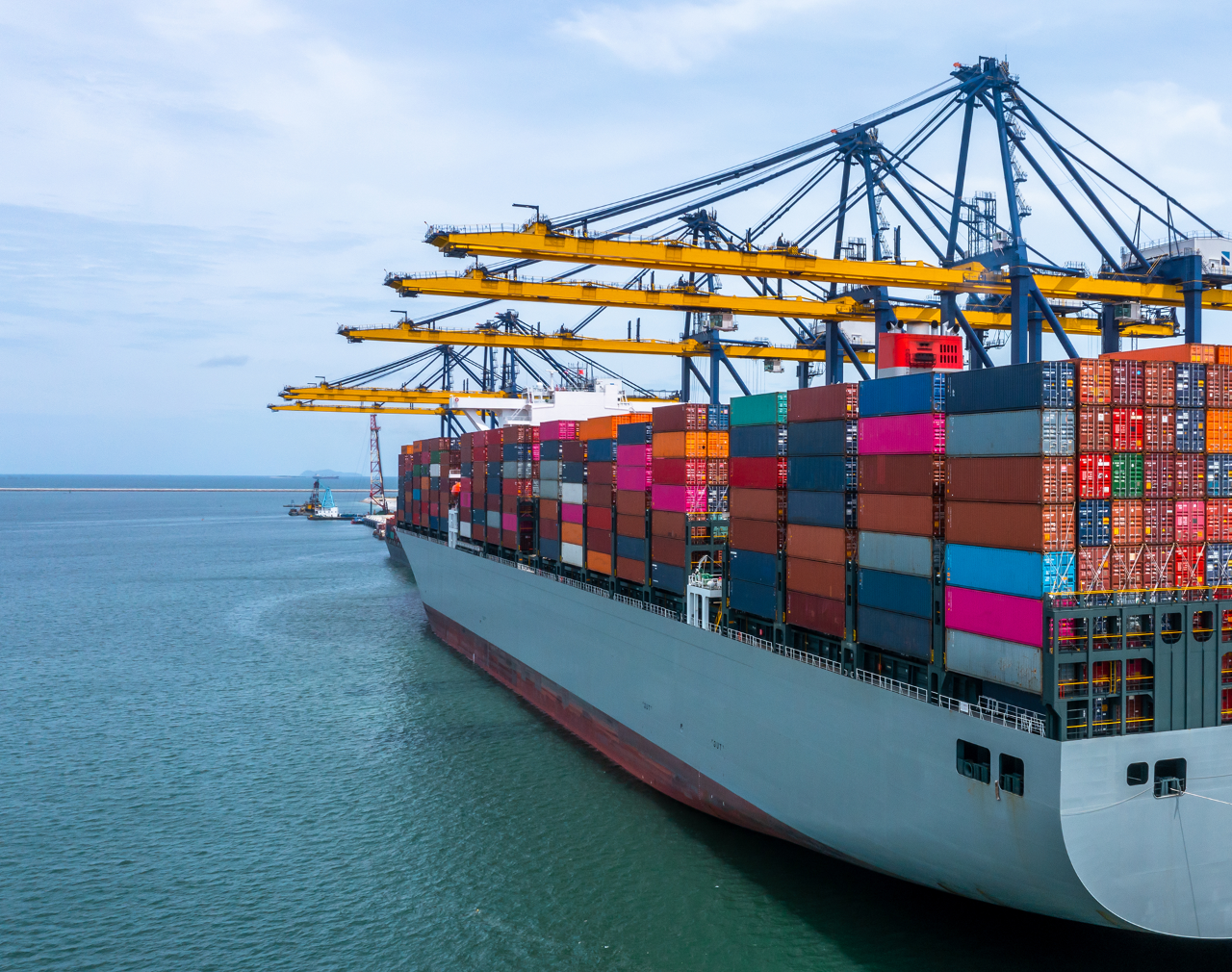A focus on improving product sustainability through innovation.
Technology enables impact at scale. Veritas products provide environmental, social, and economic benefits over their lifecycle.

Supply Chain Management
Our suppliers must align with codes of operation from Veritas and industry groups.

Product Lifecycle Management
We ensure that our products and services meet or exceed international standards.

Human Rights and Supplier Screening
We work to preserve and uphold human rights throughout our operations.
Prioritizing standards and aligning the supply chain.
We require all existing and new suppliers to comply with the Veritas Supplier Code of Conduct, which establishes our expectations on a range of ESG topics.
In 2016, Veritas joined the Responsible Business Alliance (RBA) — the world’s largest industry coalition dedicated to corporate social responsibility in global supply chains. In 2018, we qualified as a Regular Member of the RBA.
Direct suppliers must adhere to the RBA Code of Conduct, which defines standards and expectations for labor, health and safety, the environment, and business ethics.
The Veritas Supplier Sustainability Guide outlines our specific reporting and compliance requirements and highlights areas that provide opportunities for collaboration with suppliers.


Ensuring responsible product lifecycle management.
From the materials in our products and packaging to the strength and integrity of our supply chain, we look for every opportunity to make, deliver, use, and recover our products responsibly and sustainably.
We use a holistic view of how our products affect the environment and our communities to work with customers, suppliers, and peers to address their impact.
We are committed to providing products and services that meet or exceed international standards and achieve continual improvement, while complying with all applicable laws and regulations.
A global cross-functional team, the Global Regulatory Committee, addresses regulatory sustainability requirements for placing our products in markets where we do business.
Learn more about our environmental compliance efforts.
Protecting human rights and screening suppliers.
We work to preserve and uphold human rights throughout our company and supply chain. We have a zero-tolerance policy for forced labor, slavery, child labor, and human trafficking, as outlined in our Human Rights Policy, the RBA Code of Conduct, and the United Nations Global Compact.
We maintain statements of compliance with the UK Modern Slavery Act and the California Transparency in Supply Chains Act.


Test
Responsible Sourcing of Minerals
We support the aims and objectives of legislation on the supply of conflict minerals.
View Our Policy
